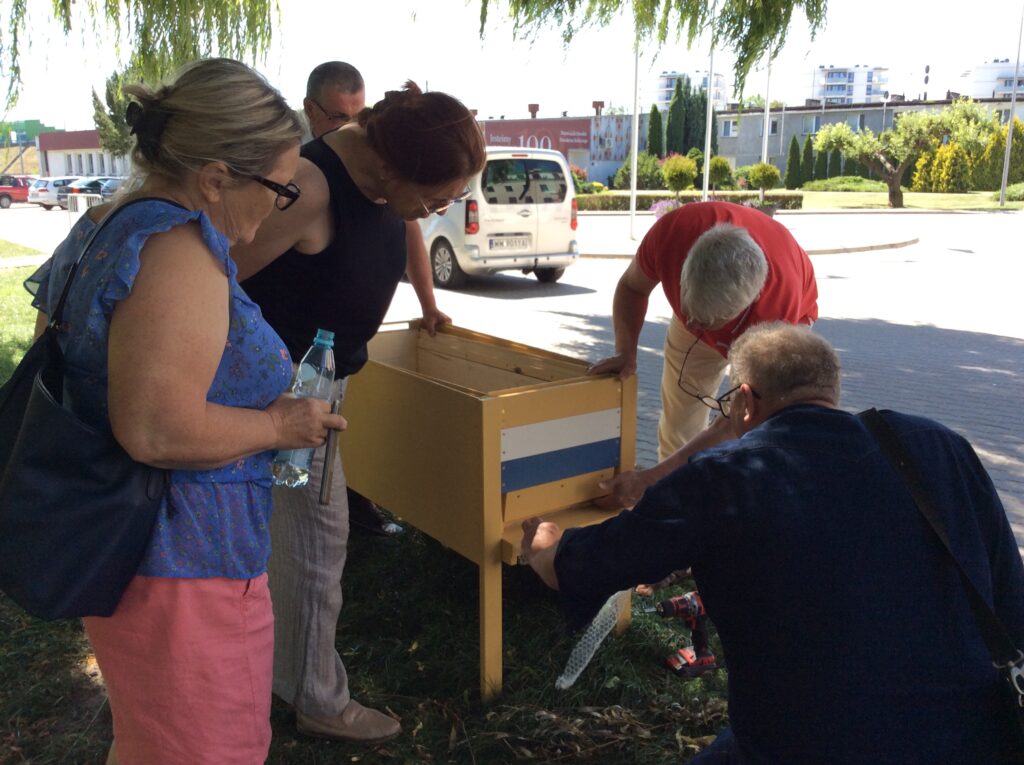Schedule of activities
The operation is being implemented in four stages
In the first stage of the project, we will create 6 mini-apiaries (each comprising 4 beehives) They will be expanded with new equipment to ensure self-sustainability in varying weather and climate conditions. The first stage will see research into selecting cultivation seeds, as either forecrops or simultaneous crops (for example between rows of large-acreage corn crops) to ensure benefits for the bees. We will prepare grassland seed mixtures for the bees and a list of recommended melliferous plants. The project will also initiate ribbon farm cultivation and shrubbery planting for sake of bee benefits, to be implemented by all partners of the consortium. The Bee Research Department of the Institute of Horticulture will research: the impact of the implemented innovations on the well-being of bee colonies in two lines of research, usage of the foraging area in research areas, usage of winter feed and winter survival of the mini-apiary colonies, physical and chemical analysis of honey samples (in the context of remaining means of plant protection and anti-varroosis active substances).

Identical research will be continued during subsequent stages. Stages II, III and IV will also see ribbon farm seeding of melliferous plants in all of the project’s locations. The effects of the research, as well as the mini-apiary itself, will be presented during the IV stage at two conferences by MODR and beekeepers participating in the project.
